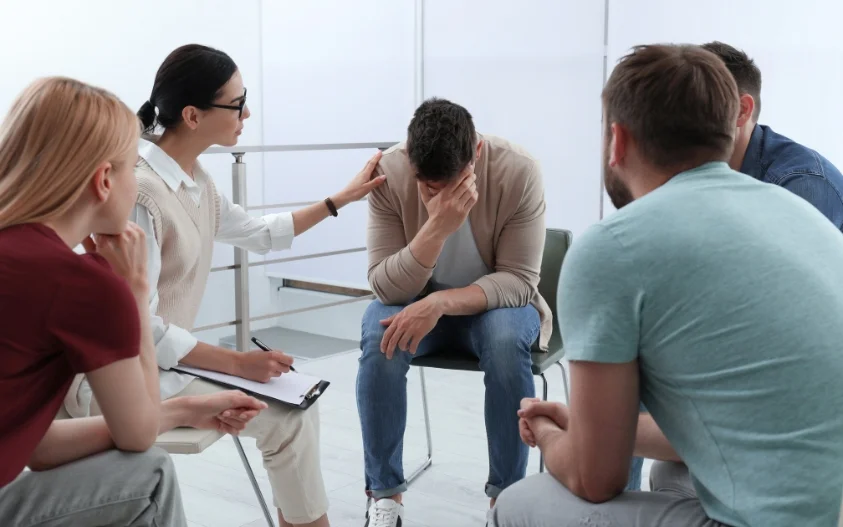24/7 Helpline:
(866) 899-221924/7 Helpline:
(866) 899-2219
Learn more about Group Therapy centers in Decatur County

Other Insurance Options

Coventry Health Care

Molina Healthcare

AllWell

Optum

WellPoint

Sutter

Magellan

Optima

Amerigroup

Evernorth

Holman Group

Ambetter

State Farm

ComPsych

Meritain

Health Choice

Regence

BHS | Behavioral Health Systems

Group Health Incorporated

Aetna

Bainbridge Treatment Center
Bainbridge Treatment Center is a private rehab located in Bainbridge, Georgia. Bainbridge Treatment ...



AA – Alcoholics Anonymous
AA – Alcoholics Anonymous is a non-profit rehab located in Bainbridge, Georgia. AA – Alcoholics Anon...

Decatur County Mental Health Center
Decatur County Mental Health Center provides an array of support and services to those affected by m...

The Harvest House Of Hope
The Harvest House Of Hope is a private rehab located in Bainbridge, Georgia. The Harvest House Of Ho...
























































